Sleep

Information
Here you’ll find answers to some common questions concerning your child’s sleep.
Select the underlined questions below to see more.
 Sleep is very important for your child’s health and wellbeing. It helps their body rest, heal and grow. It also gives their brain time to process everything they’ve learned, seen and felt during the day.
Sleep is very important for your child’s health and wellbeing. It helps their body rest, heal and grow. It also gives their brain time to process everything they’ve learned, seen and felt during the day.
When children or teens don’t get enough sleep, they might:
- Find it hard to wake up in the morning
- Struggle to concentrate or remember things
- Get upset more easily or feel more stressed
- Feel grumpy, low or frustrated
Sleep also supports healthy growth and development. As children and teenagers get older, their bodies and brains change—and so does how much sleep they need.
Most children need 9 to 11 hours of sleep each night. Teenagers usually need 8 to 10 hours.
It’s normal for children and teens to have trouble sleeping from time to time—especially if they feel worried or excited.
But if sleep problems happen most nights, it can affect how they feel and cope during the day.
Some common reasons young people struggle with sleep include:
- Doing exciting things like gaming or chatting to friends before bed
- Using screens (phones, tablets, TVs) too close to bedtime
- Going to bed and waking up at very different times each day (for example, sleeping in a lot at weekends)
- Having sugary snacks or drinks before bed
- Drinking too much caffeine (like fizzy drinks, energy drinks, tea or coffee)
- Feeling anxious, stressed or worrying about not sleeping
Sleep hygiene means healthy sleep habits. These are small things that can help your child sleep better and feel more rested.
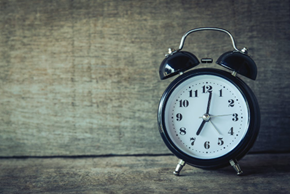 Good sleep hygiene includes:
Good sleep hygiene includes:
- Keeping a regular sleep schedule – try to stick to the same bedtime and wake-up time, even on weekends
- Creating a calm sleep space – quiet, dark and a comfortable temperature
- Having a relaxing routine before bed – things like reading, stretching or listening to soft music
- Avoiding screens and busy activities – like homework or gaming at least 1 hour before bed
- Cutting down on sugar and caffeine – especially later in the day
Morning habits matter too!
Getting natural light early in the day (by opening curtains or going outside) helps your child’s body clock stay on track. This helps them feel more awake during the day and tired at night.
A good bedtime routine helps your child feel calm and ready for sleep.
It should begin about one hour before bed and include quiet, relaxing activities. This helps their brain understand it’s time to slow down. It also teaches the brain to link the bed with feeling sleepy.
Here are some things you could include in a bedtime routine: 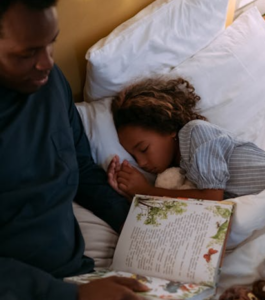
- Start winding down early – at least 1 hour before sleep
- Avoid screens – phones, tablets, TVs, and computers
- Avoid exciting or active things – like gaming, chatting with friends, schoolwork or exercise
- Offer a small snack or warm drink – avoid caffeine and sugary foods
- Take a warm bath or shower – if it helps your child feel relaxed
- Try calming activities – like colouring, reading, puzzles or quiet crafts
- Use relaxation techniques – such as deep breathing, gentle stretches or listening to calming sounds

Coping with
Here you will find some ideas for helping them cope
If they’re struggling with sleep, here are some ideas that may help them to cope:

Finding help
Who can they talk to?
- Friends
- Family
- Someone you trust at school
- Youth worker
- Health professional (GP; Counsellor Nurse)
- Charities and Helplines
Select the underlined topics below to view what resources are available.

Getting more help
If you haven’t already found the help you’re looking for, you can find additional information and services which are more interactive here.
You can also make a referral to Mental Health Services by completing the online referral form
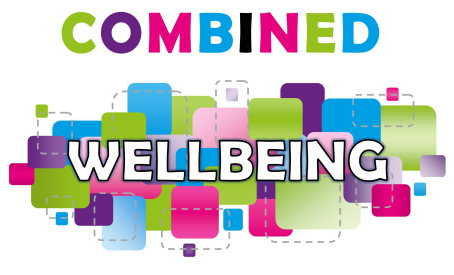


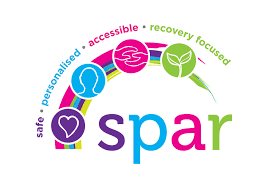
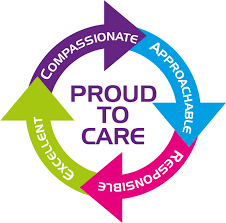


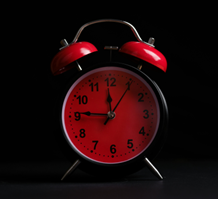

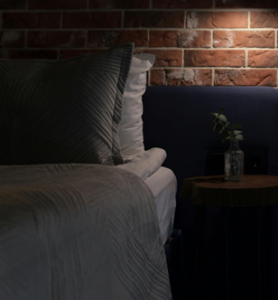

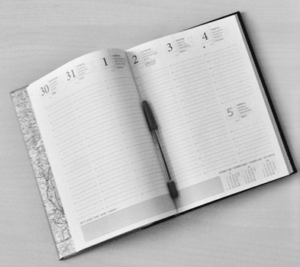
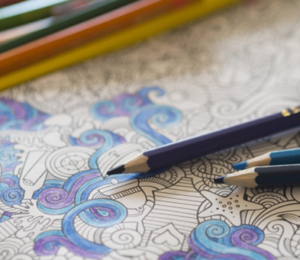 Some children and teens relax with a warm bath or shower.
Some children and teens relax with a warm bath or shower. Daylight in the morning helps your child’s body clock.
Daylight in the morning helps your child’s body clock.